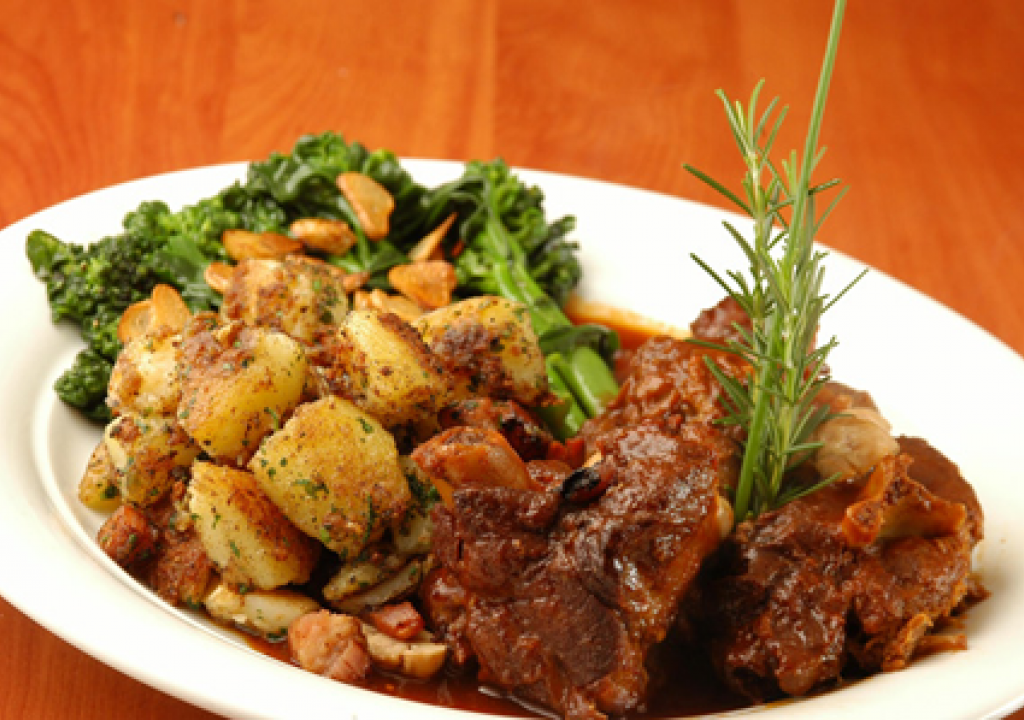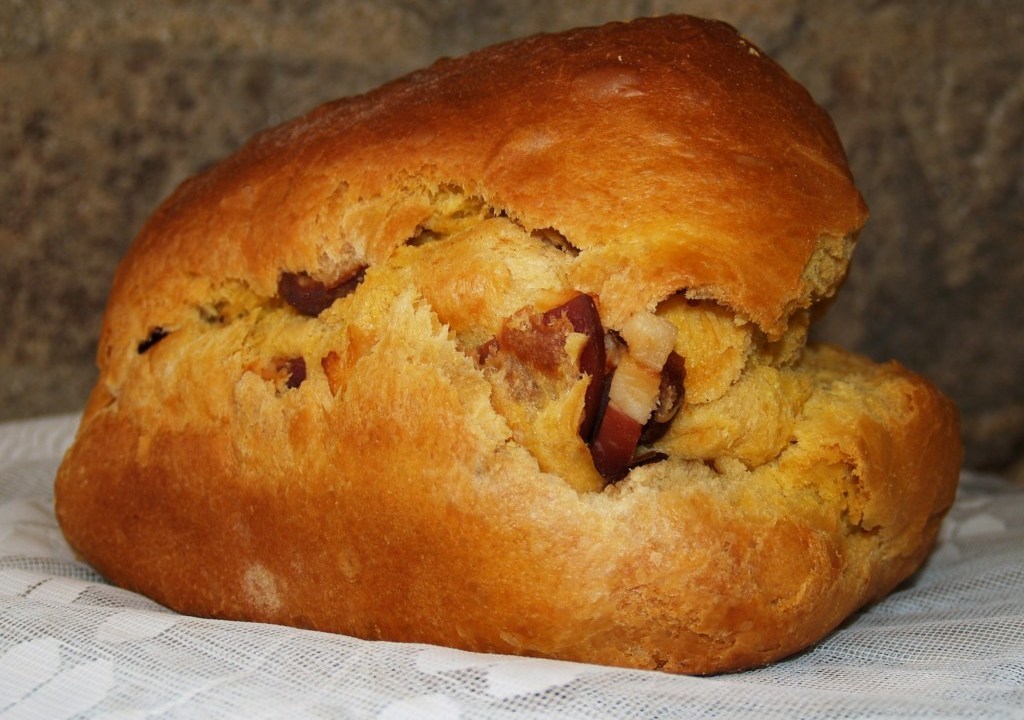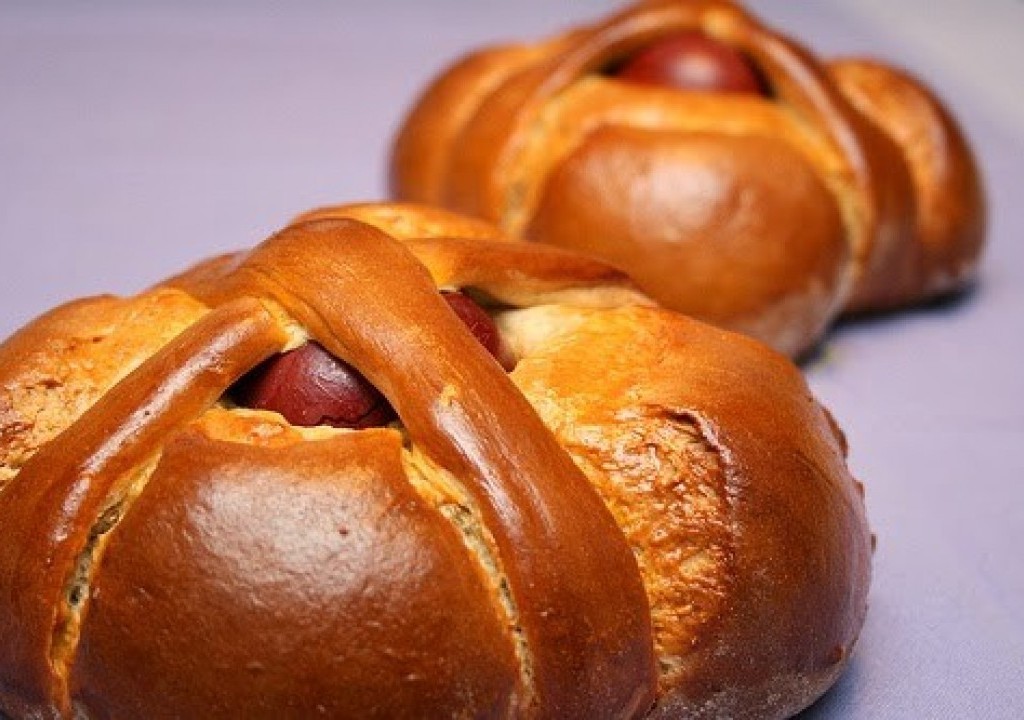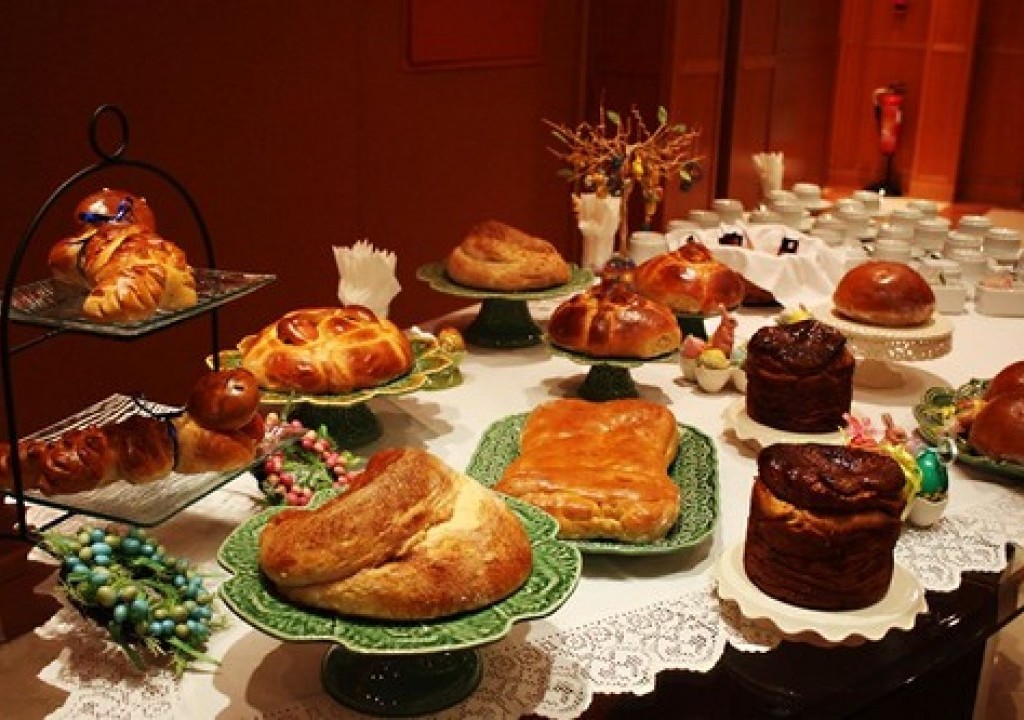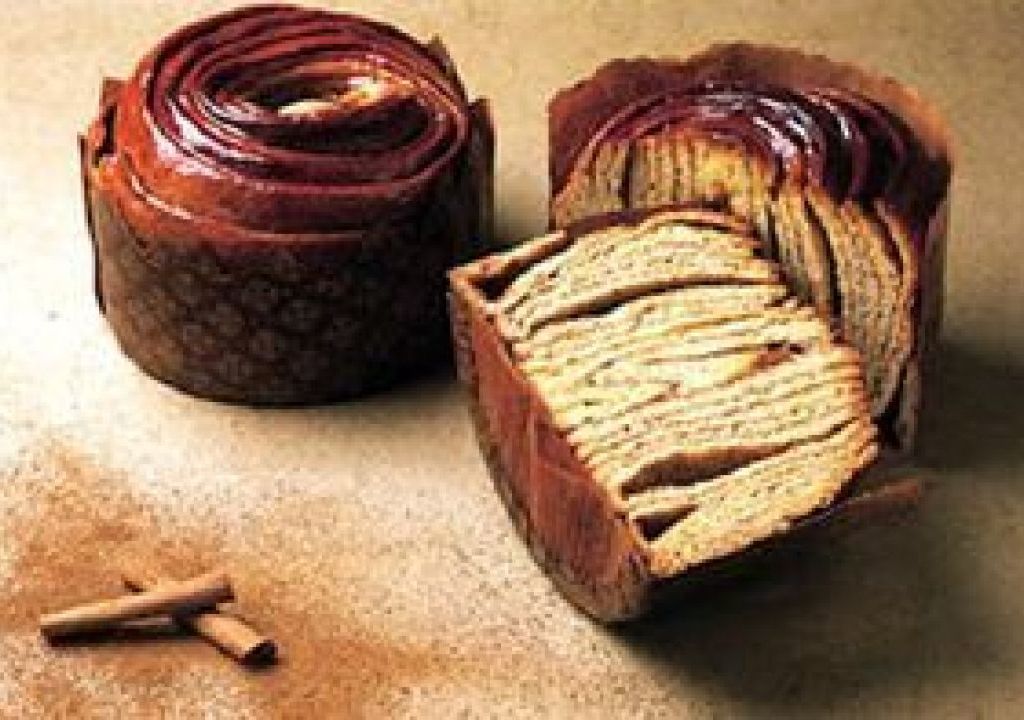A gastronomic journey through Easter without leaving home
Easter is coming and this year a different celebration awaits us. From the north to the south of the country, during Holy Week, typical dishes are prepared that bring together small and large tables, but since this year it is very possible that we will not be able to get together as a family, we have prepared a gastronomic, delicious and traditional trip for do not miss any of the delicacies that characterize Easter in Portugal, without leaving your home.
From region to region, all recipes have something in common: the abundance of food and the joy of those who enjoy it. And, on the Portuguese tables there is a little bit of everything, from sausages, to liqueurs, lamb, to the traditional ball and sweet dishes that help celebrate the end of Lent.
Discover these flavors, try their recipes and let these traditional dishes help your Easter to be a little more "normal".
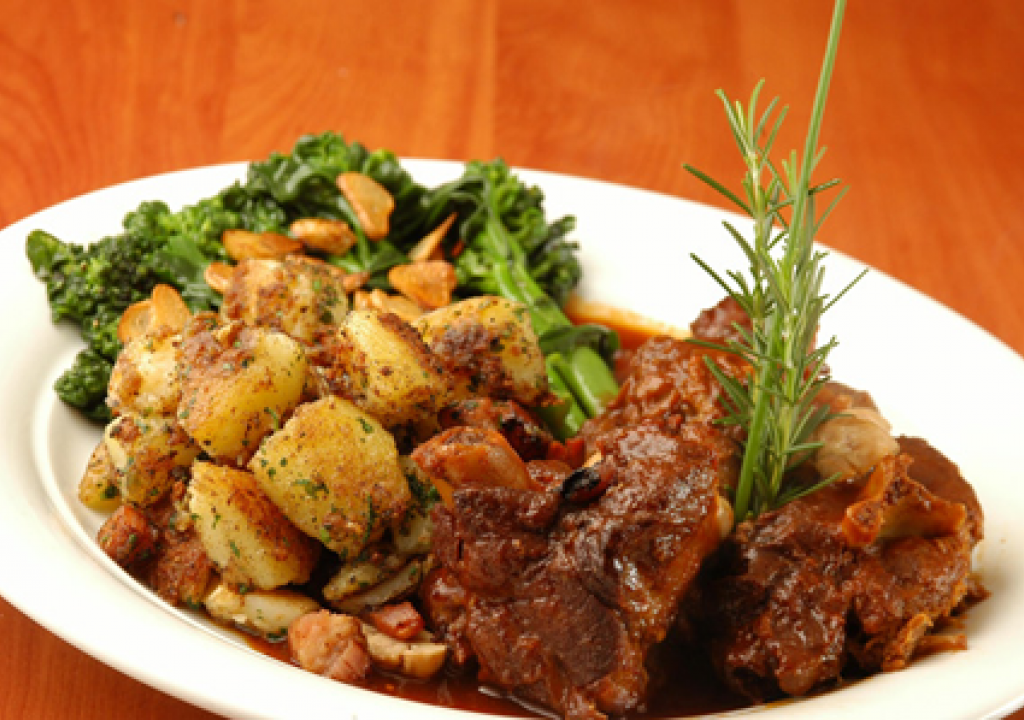
Minho
In Minho, in the north of the country, the celebrations are usually led by Compasso, a group guided by the local priest, who passes through all the houses offering the blessing of the cross. The inhabitants prepare many dishes and decorate the tables to welcome you: stuffed balls (a kind of bread stuffed with meat and sausages), lots of sweets, boiled eggs and sausages (if Minho were not known for its abundant gastronomy).
In Lent, in the time before Easter, it is time for fasting: avoid eating meat on Fridays, out of respect for Jesus Christ who was crucified on a Friday. But Easter Sunday is already a feast and resurrection day, returning to eating meat like roast kid or lamb, and the traditional folar or sweet bread as dessert.
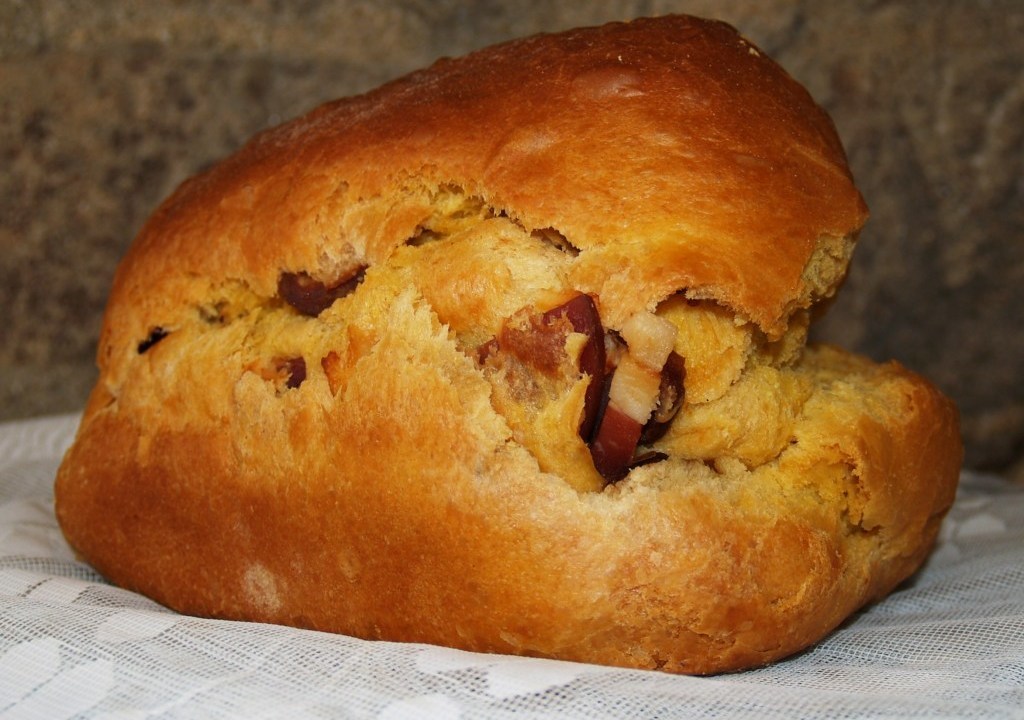
Trás-os-Montes
In Trás-os-Montes, the folar is also the star of the party, but it has something special: it is filled with veal, chicken, rabbit, ham and sausage, which enrich the dough, giving it a very flavor. characteristic. While in most cities, such as Bragança or Mirandela, the folares are round and large, in places like Freixo de Espada à Cinta they are smaller and flatter.
Beiras
In Beiras, folar is prepared with fennel and cinnamon and decorated with boiled eggs or painted with colorful designs.
In Covilhã, in addition to the traditional folar, they cook broinhas, oil cakes and Easter patties, small sweets in the shape of a half moon, filled with almonds and walnuts. To eat and cry for more!
In this region, as in some areas of the Alentejo, it is normal not to consume meat until “Enterro do Bacalhau”, which marks the end of Lent. From there, the meat dominates the dishes and the lamb or kid are the real gastronomic stars.

Alentejo
In Alentejo, lamb and goat are also the main elements of this festive season and, here, all parts of the animal are used to prepare delicious dishes. Blood and viscera are used to prepare sarapatel and brains are considered a real treat for the taste buds. But, don't worry, they also like sweet recipes here and you can't miss the cheesecakes, the fancy cakes and, of course, folares.
In Elvas, paschal pastries are also made, an animal shaped cake decorated with white almonds and boiled eggs.
In Castelo de Vide they use their own recipe to create Boleima, a sweet pastry, filled with sugar, cinnamon and apple. We can also find heart-shaped leaves, offered by boyfriends to his or her loved one.

Algarve
In the Algarve many of the Easter dishes are similar to those prepared from north to south, but one of them has a very interesting alternative recipe. Here, folar escapes tradition and is called leaf folar, prepared with cinnamon, yellow sugar, lemon and butter.

Across the country: what's in common
In addition to the typical savory and sweet dishes that we can find in each region, there are small traditions that are common to the whole country and that revolve around two elements: chocolate and almonds.
During Easter, parents, godparents and grandparents spoil the little ones with chocolate eggs, chocolate figures, such as the famous Easter Bunny, and almonds of any shape or variety, from natural almonds, to sugar or chocolate covered, stuffed, colored ...
Even without a full table and a big family celebration, this year be sure to celebrate Easter with some of these delicious dishes!
Source: idealista.pt
07 from April from 2020
Catarina MirandaAdministrative Assistent
From north to south, Easter at the table
* Call to national mobile network.







